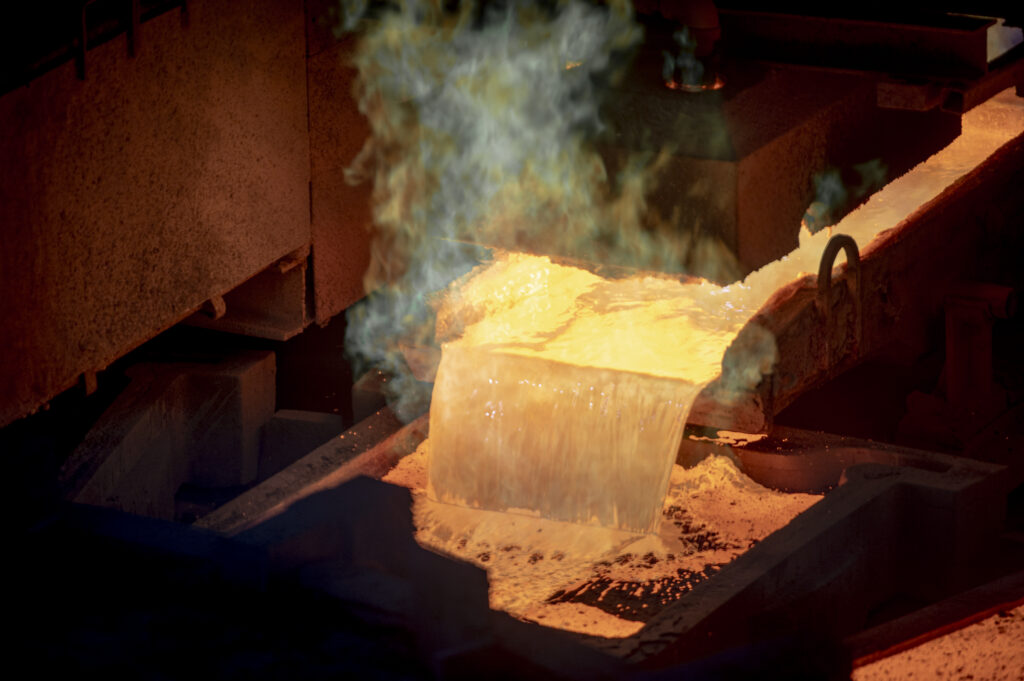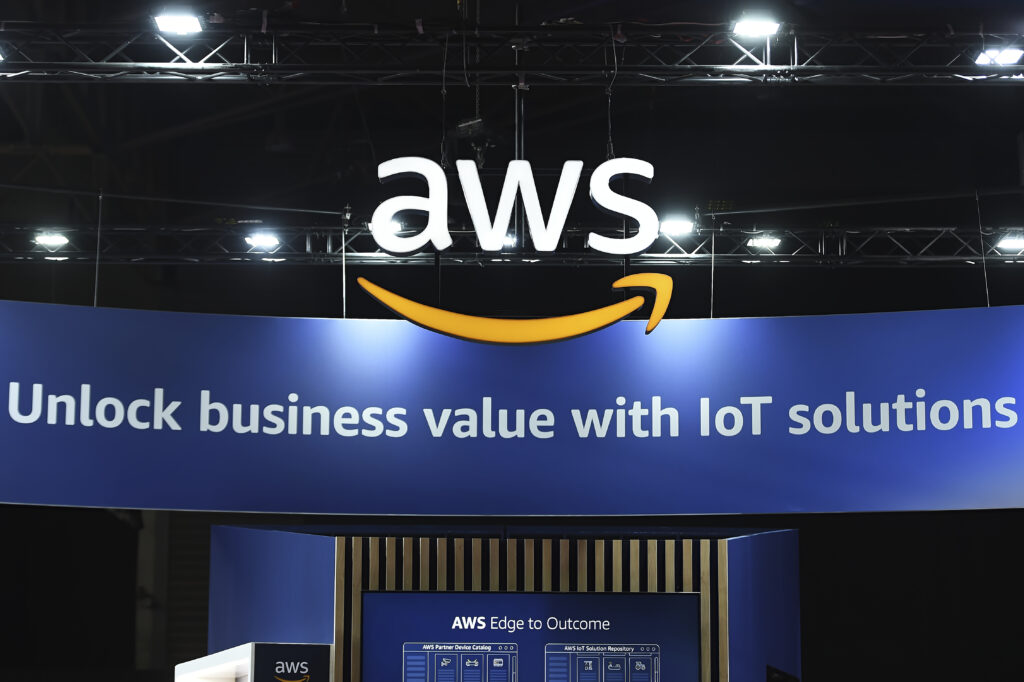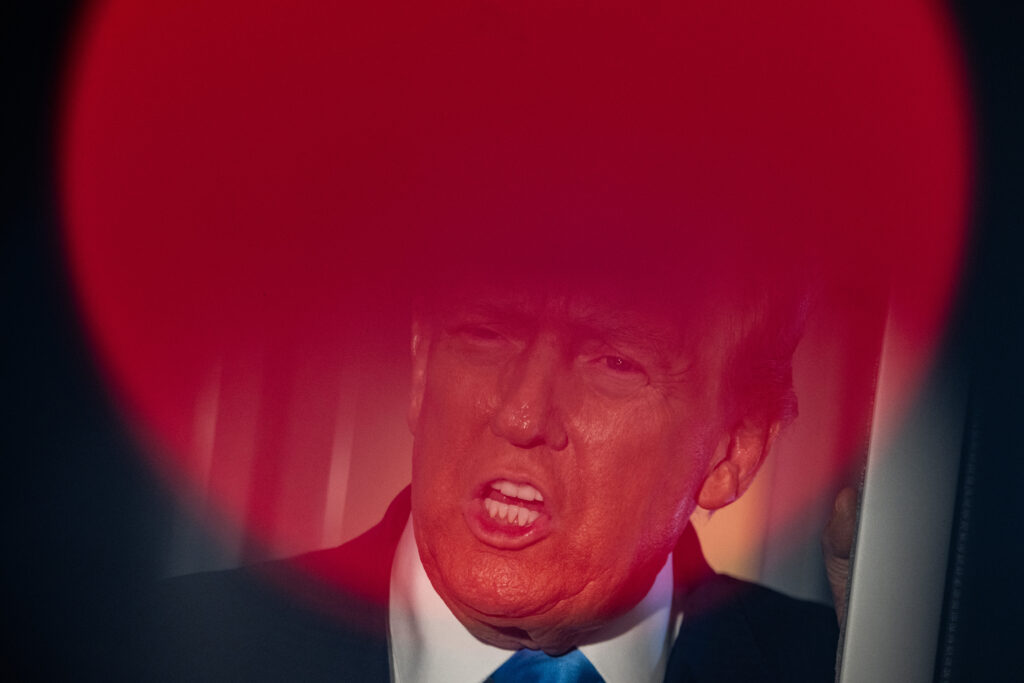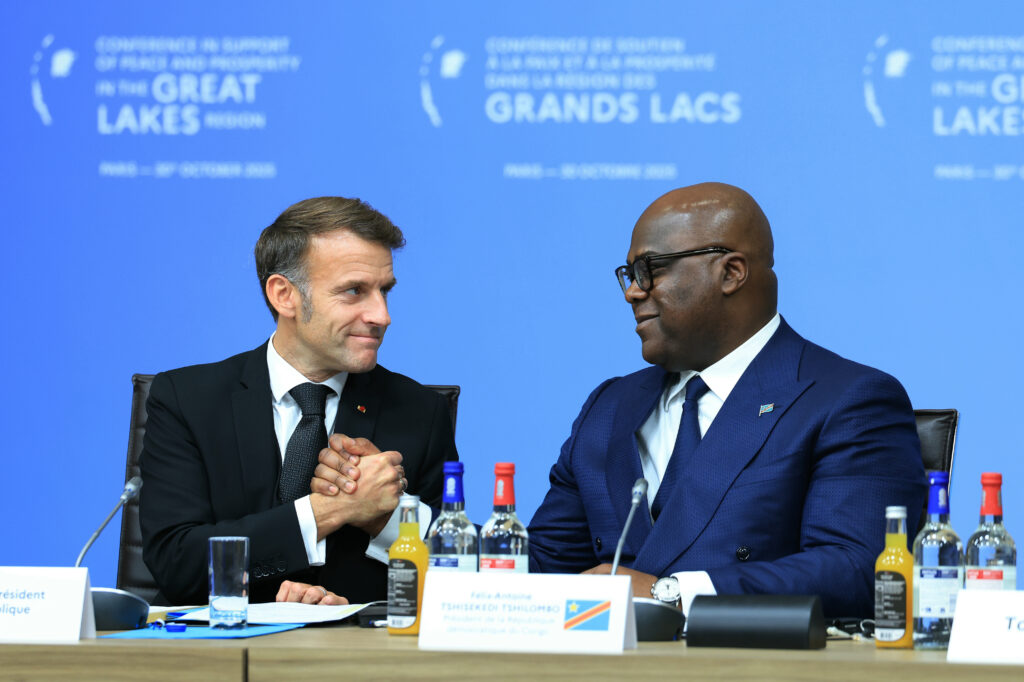L’armée israélienne a mené jeudi une incursion meurtrière dans un village frontalier du sud du Liban, tuant un employé municipal, un acte aussitôt condamné par le président libanais qui a appelé l’armée à s’opposer à toute nouvelle incursion.En vertu du cessez-le-feu ayant mis fin en novembre 2024 à la guerre entre le Hezbollah pro-iranien et Israël, ce dernier a retiré ses troupes du sud du Liban mais continue d’occuper cinq points frontaliers en territoire libanais et de mener des frappes sur le pays.Un photographe de l’AFP a vu des impacts de balles sur le bâtiment de la municipalité de Blida, un village dont la plupart des maisons ont été détruites par la dernière guerre.Dans la pièce où dormait l’employé municipal, Ibrahim Salamé, le sol, les couvertures et un matelas étaient maculés de sang. Les lunettes, les papiers et les cigarettes de la victime gisaient à proximité.L’homme dormait dans le bâtiment car c’était son tour de garde, a déclaré à l’AFP Hassan Hijazi, président de la municipalité.Israël a affirmé que son armée agissait contre le Hezbollah et dit avoir ouvert le feu sur un “suspect”, ajoutant qu’une enquête avait été ouverte.”Nous avons entendu les soldats israéliens crier, puis il y a eu des tirs (…)”, raconte à l’AFP Hicham Abdel Latif Hassan, neveu de la victime.Lorsque les soldats israéliens se sont retirés à l’aube, “nous l’avons retrouvé mort près de son matelas”.L’Agence nationale d’information (Ani, officielle) a affirmé que l’incursion était “sans précédent”, accusant “les soldats ennemis” d’avoir tué M. Salamé.Le président Joseph Aoun a demandé à l’armée de “faire face à toute incursion israélienne (…) pour défendre le territoire libanais et la sécurité des citoyens”, lors d’une réunion avec son commandant en chef Rodolphe Haykal.- “Violation flagrante” -Sur X, le Premier ministre libanais Nawaf Salam a dénoncé “une agression flagrante contre les institutions de l’Etat libanais et sa souveraineté”.L’armée israélienne a affirmé que l’incursion était intervenue dans le cadre de ses “activités visant à détruire une infrastructure terroriste” du Hezbollah.Elle a ajouté que l’unité avait “repéré un suspect à l’intérieur du bâtiment” de la municipalité et ouvert le feu après avoir identifié “une menace directe” sur les soldats.La Finul, les Casques bleus des Nations unies déployés dans le sud du Liban, a exprimé sa “profonde inquiétude” quant à cette incursion, la qualifiant de “violation flagrante de la résolution 1701 du Conseil de sécurité de l’ONU et de la souveraineté du Liban”. Cette résolution avait mis fin à la guerre de 2006 entre le Hezbollah et Israël, sur laquelle repose le cessez-le-feu actuel.Dans un autre village frontalier, Adaissé, une unité israélienne a dynamité un bâtiment servant à abriter des cérémonies religieuses, selon l’Ani.L’aviation israélienne a en outre mené jeudi matin des frappes sur deux villages du sud du Liban, relativement éloignés de la frontière, al-Jarmak et Mahmoudiyé, selon l’Ani.L’armée israélienne a aussi affirmé y avoir visé “des infrastructures du Hezbollah”. Un photographe de l’AFP a vu d’épaisses colonnes de fumée noire s’élever de ces zones montagneuses.Des drones ont également survolé jeudi à basse altitude Beyrouth et la banlieue sud, fief du Hezbollah, selon l’Ani.Ces derniers jours, l’aviation israélienne a intensifié ses frappes au Liban, affirmant viser des membres ou des infrastructures du Hezbollah.La formation pro-iranienne a accusé dans un communiqué Israël d’avoir “abattu de sang-froid” l’employé municipal et salué la position du chef de l’Etat.L’ONU avait indiqué mardi que 111 civils avaient été tués au Liban par les forces israéliennes depuis la fin de la guerre.Le Hezbollah est sorti très affaibli du conflit et les Etats-Unis exercent une intense pression sur le gouvernement libanais pour que le mouvement chiite livre ses armes à l’armée nationale, ce qu’il refuse jusqu’à présent.Dans un communiqué, l’armée libanaise a demandé au mécanisme de surveillance du cessez-le-feu, qui regroupe outre le Liban et Israël, les Etats-Unis, la France et l’ONU, de “mettre fin aux violations de l’ennemi”.Le mécanisme s’était réuni mercredi dans la localité frontalière de Naqoura, qui abrite le quartier général des forces de l’ONU, en présence de l’émissaire américaine Morgan Ortagus.Cette dernière a déclaré au cours de la réunion que “l’armée libanaise doit à présent exécuter entièrement son plan” visant à “placer toutes les armes sous le contrôle de l’Etat d’ici la fin de l’année”.






